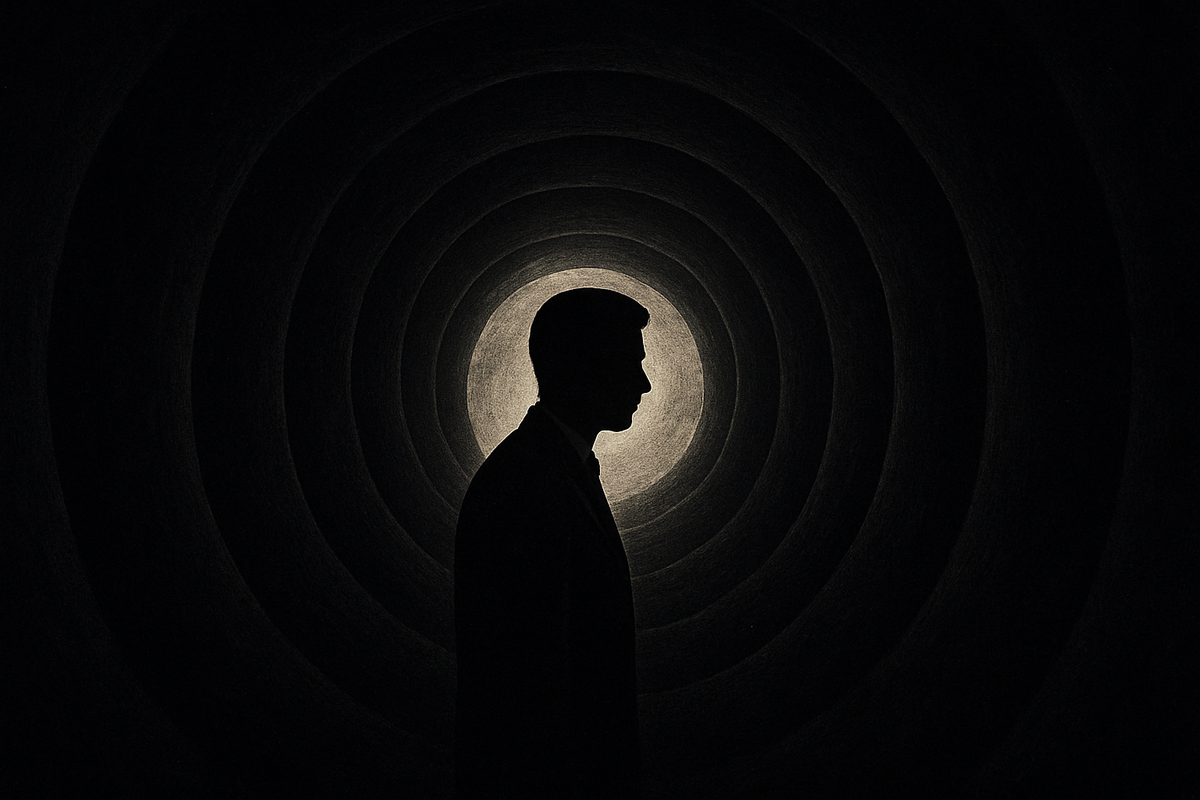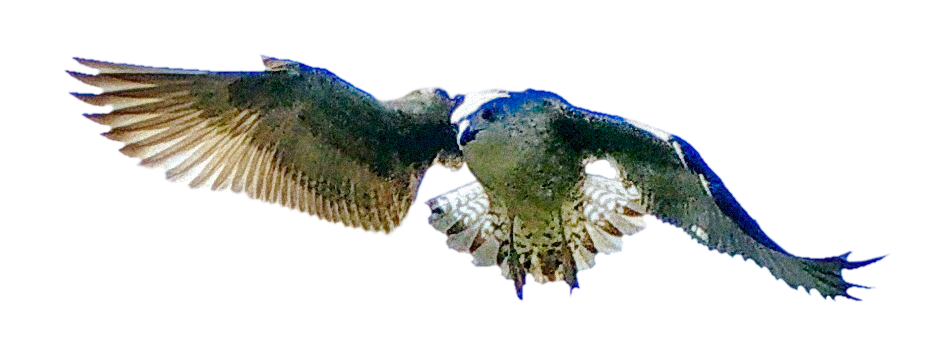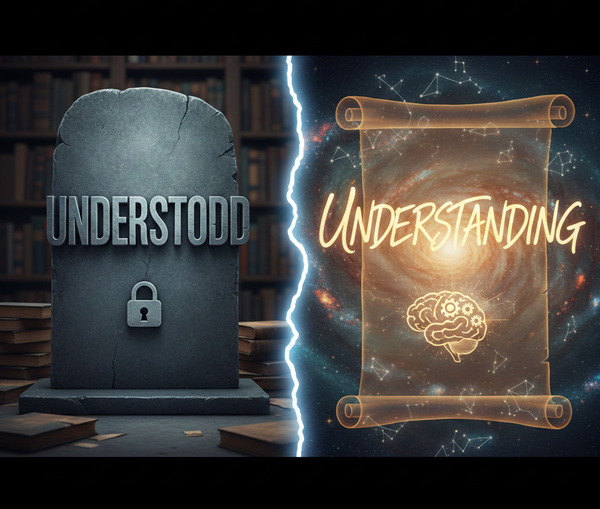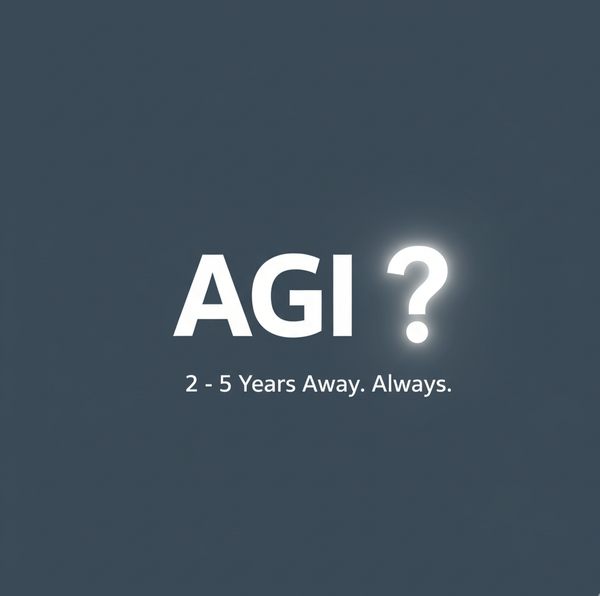Too Narrow to Be Wise: The Tunnel Vision Trap of Modern Expertise

We live in a Kafkaesque paradox: the very people we turn to for wisdom about life’s biggest questions—meaning, society, the future of humanity—are systematically selected for their inability to think about such things.
Consider this absurd pattern: A tech entrepreneur optimizes engagement algorithms for maximum user addiction, becomes a billionaire, then gets invited to Harvard to lecture on human flourishing. A financial engineer perfects high-frequency trading that destabilizes markets, makes a fortune, then advises governments on economic policy. A scientist masters reductionist analysis of neural correlates, wins prestigious awards, then becomes a public intellectual pontificating on intelligence and free will.
The cruel irony? The very cognitive narrowness that enabled their spectacular success becomes their supposed qualification for addressing the broadest questions of human existence.
How Tunnel Vision Happens
As disciplines advance, they split into ever smaller domains, each with its own language, methods, and assumptions. The more specialized they become, the more they lose sight of the underlying unity from which their concepts and objects arise.
Our entire academic and economic system operates as a vast sorting mechanism that rewards tunnel vision. To succeed in any specialized field, you must develop what we might call "productive blindness"—the ability to focus intensely on narrow metrics while systematically ignoring broader implications.
The physics PhD learns to manipulate mathematical models without questioning what physics can't model. The AI researcher optimizes pattern recognition without considering what patterns are worth recognizing.
This isn't a character flaw—it's a systematic requirement. Academic careers depend on publishing within increasingly narrow specializations. Startup success requires obsessive focus on specific problems. Corporate advancement rewards those who optimize their particular domain.
The Expertise Fallacy
Then something remarkable happens. Having systematically rewarded people for their inability to think comprehensively, we suddenly expect them to have profound insights about comprehensive questions.
We've created a bizarre cultural logic:
- Technical mastery in narrow domains = Wisdom about human existence
- Economic success through specialization = Authority on society’s future
- Optimizing metrics = Knowing what’s worth optimizing
- Reductionist methods = Insight into irreducible phenomena (life, intelligence, meaning)
The New Clergy
What we've accidentally created is a new form of intellectual authority—a techno-scientific clergy that claims special insight into ultimate questions based on narrow technical expertise. But unlike traditional religious authorities, this new priesthood doesn't even recognize itself as making metaphysical claims.
The AI researcher who insists intelligence is "just" computation, the neuroscientist who declares free will is "merely" an illusion, the biologist who proclaims life is "nothing but" chemical reactions. These are philosophical positions smuggled in under the authority of technical expertise.
The result is a peculiar form of intellectual authoritarianism disguised as objectivity. Questions that have puzzled humanity for millennia—What is intelligence? What is life? How should we organize society?—are treated as if they can be resolved through the same methods that optimize search algorithms.
Beyond Specialization
This is where Geneosophy enters: an approach that investigates the primordial act of knowing itself—the creative source from which all disciplines arise. Instead of asking only how to optimize within existing frameworks, Geneosophy asks how frameworks come to be, and what this reveals about life, intelligence, and meaning.
By recovering this hidden unity, we can step out of the tunnel. Specialization remains valuable—but only when placed within a larger context of comprehension.
Geneosophy aims to restore this missing perspective—so that knowledge can once again serve wisdom.




